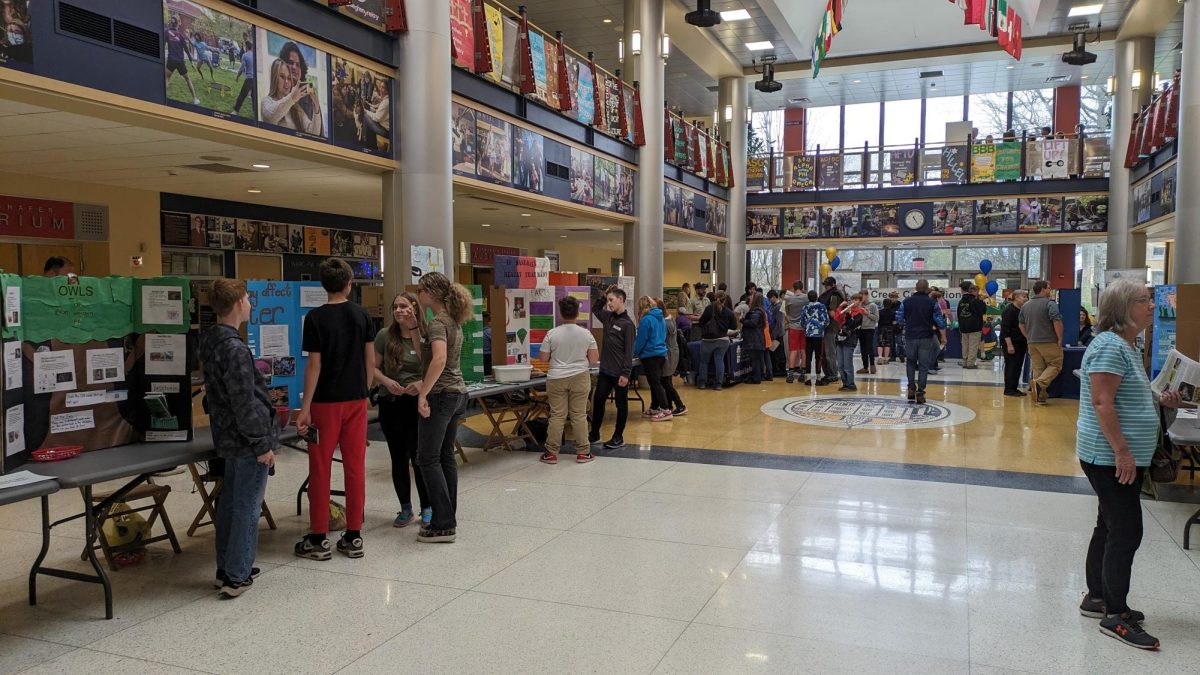
Students looking for a late night hot spot this Saturday can join Gators Give Back as they host Allegheny’s first Club Chacocente, a dance party to be held in the Campus Center lobby from 11 p.m. to 1 a.m. The party will feature Latin music and dancing, as well as “mocktails” and other refreshments.
The event’s proceeds will benefit Project Chacocente, a Nicaragua-based resettlement program to move impoverished families from the Managuan dumps where they reside. The dance will raise awareness for a rummage sale which the organization is hosting May 14 and 15 and give students a chance to donate to the sale.
According to the charity’s Web site, 175 families live in these dumps, with an additional 1,000 to 2,000 people rummaging daily for food and any recyclable items they can sell. The project relocates these families to Masaya, Nicaragua where they are taught problem solving as well as literacy and parenting skills.
At the end of five years, the families who work with Project Chacocente receive the homes they have built during that time, as well as two acres of land. The families also learn to start their own small businesses.
Gators Give Back is working hand in hand with the EL Seminar to Nicaragua, which is headed by Director of Career Services Michaeline Shuman and chemistry professor and Health Professions Advisor Kirsten Peterson.
Shuman’s passion for Project Chacocente’s cause stemmed from a bike trip she took with her husband during her time as a Peace Corps volunteer. Her husband took her to see a dump, which she described as “heartbreaking.”
“There were six stories of trash with people living on it,” Shuman said. “There were barefoot children running through medical waste.”
Students attending the EL Seminar will be working with Project Chacocente by helping families who are resettling to do agricultural work, building and painting.
“Service needs to be more than feeling good about yourself,” Shuman said. “We are treating them [the Nicaraguan people] as humans. We partner with them.”
Marin Ping, ’10, an original member of Gators Give Back as well as a two-time member of EL Seminar to Nicaragua, has helped to coordinate both Club Chacocente and the rummage sale supporting Project Chacocente.
“My first time in Nicaragua was my first time in Latin America,” Ping said. “It was a different world. No knowledge from a book would prepare you for it. It exposes people who the government doesn’t acknowledge.”
Though Gators Give Back will not be collecting donations at Club Chacocente, they will accept pledges from students to donate clothing and items beginning on April 25. Donation boxes will be placed in 25 locations throughout campus including residence halls and the Campus Center.
Gators Give Back member Jules Koenig, ’13, will be one of 20 students attending the EL Seminar to Nicaragua in May.
“This is a great cause to support,” Koenig said. “I can’t wait to work with Project Chacocente and I’m proud that Allegheny students can support the cause as well.”
This will be the organization’s 3rd rummage sale. According to Shuman, after the 2007 EL Seminar to Nicaragua, participants were moved by the overconsumption of Americans compared to Nicaraguans.
Participants thought about all of the used items that students throw out at the end of the year while moving out of the dorms.
“We thought, why don’t we collect it, sell it, and give the proceeds to the project,” Shuman said.
After two trips to Nicaragua, Ping still carries with her the lessons she learned from working with Project Chacocente.
“The greatest lesson I learned from the experience was how to have a sense of humility for communities to which you are not native,” Ping said.
“It is easy to say, ‘This is international aid, the US helps the rest.’ However, it is more difficult to arrive in a situation of extreme poverty from a position of relative affluence and think, ‘These people are accepting me into their community, they are accepting my willingness to assist, but I am doing it on their terms because they must live with the results of my actions.’ After all, community building is the point of aid. Isn’t it?”




